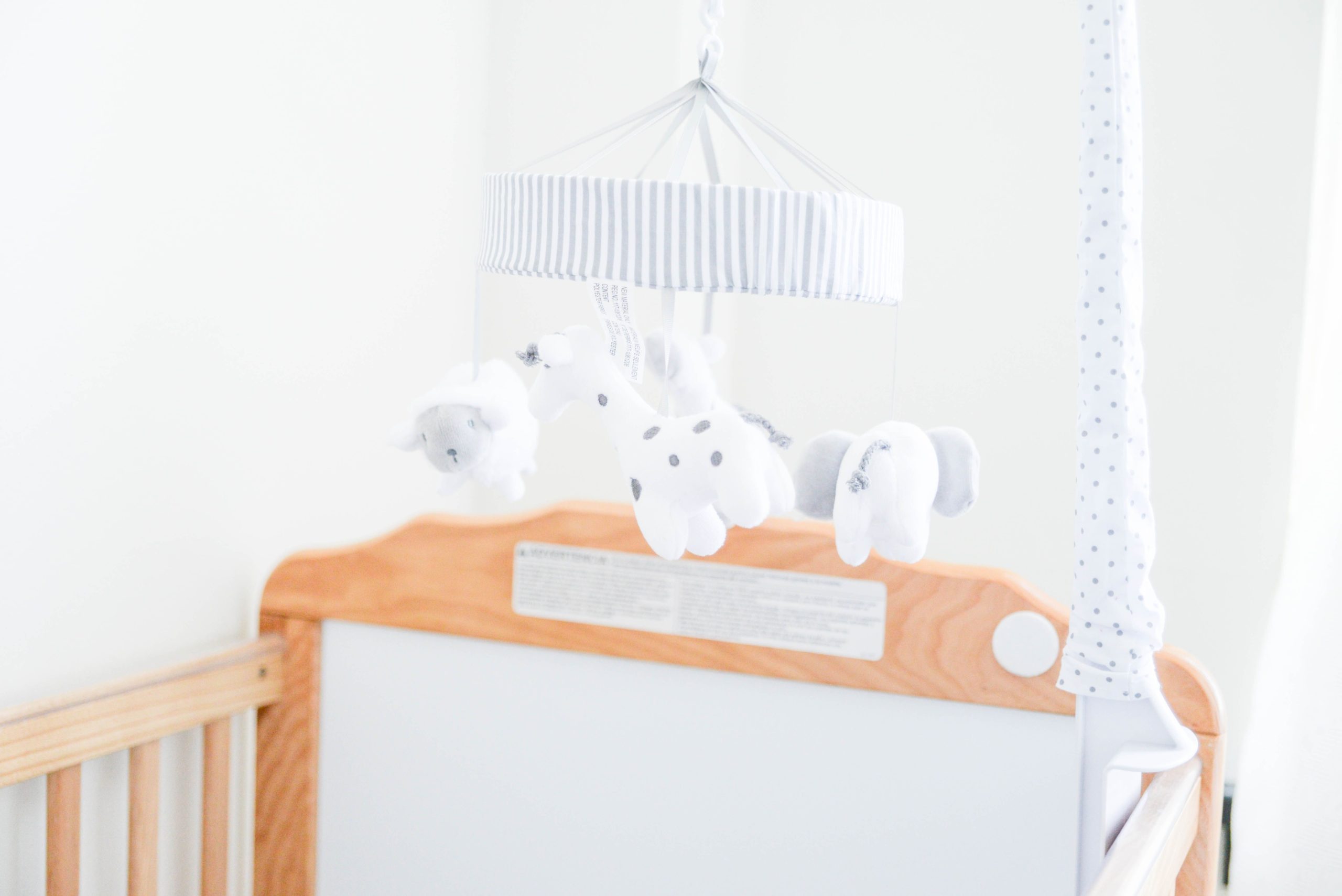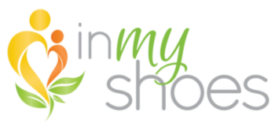Found a Home in the Open Arms of In My Shoes

One night in December, a pregnant woman arrived at the doors of a homeless shelter. With her few belongings in hand, she asked for a bed for the night. What the staff said next brought tears to the desperate mother’s eyes: “I’m sorry, we cannot take pregnant mothers… it’s a liability risk.” It was back to the streets for this expecting mother.
This was one of many shelters which the anonymous mother had sought out in the last few days. Many Dallas shelters will not allow pregnant mothers to stay in their facilities because of insurance liability issues and “health reasons”.
They state that they cannot afford to house pregnant women because of the additional health considerations and potential complications. Most emergency shelters and transitional housing are not equipped to handle women who may go into labor and don’t want to risk the complications that could come from a pregnant woman staying in their facility.
However, this leaves a significant portion of homeless women without access to resources. A recent study by Crawford and associates estimated that between 46% and 70% of homeless women are pregnant or become pregnant within a year of homelessness.
With the number of homeless people rising in Dallas and the number of emergency shelters that accept pregnant women stagnating, there is a significant portion of the population who are consistently turned away.
The anonymous mother recalls pleading with many shelters and staff members. “I told ‘em I would just sleep on the floor, ya know? Anything to be out of the cold. Anything has gotta be safer than park benches and the streets, ya know? But they said they couldn’t do that.”
Fortunately for this mother, a newly opened home decided to fight for her cause.
In 2016, a re-purposed convent opened its doors as In My Shoes, a faith-based maternity home. Currently,
there are only two shelters in the Dallas metroplex area which allow pregnant women to occupy a bed. The growing need inspired Executive Director Maria Eichhold and some of her friends to open In My Shoes. Having worked for a similar nonprofit in Pheonix, Eichhold and four other women began discussing the possibility of opening a home in Dallas. After much discussion and some pretty serious “movements of the Holy Spirit” four of the women quit their jobs, moved to Dallas, and began pursuing their idea.
Eichhold recalls the process of getting the startup off the ground and locating a property. She says, “There was a lot of like banging our heads on the wall… there were a handful of people that were like ‘okay I think this could actually go somewhere’ but it was a few handfuls, not a ton of people.”
After a period of property searching, paperwork, and renovations, In My Shoes finally opened its doors to its first mother. IMS boasts a clean house with individual rooms for the mothers, multiple kitchens, living areas, as well as the opportunity to do laundry in the home. Beyond the roof over their heads, moms have access to a mini, in-house, store of sorts which the staff nicknamed “The Closet”.
Operating completely upon donations, IMS has a mini-mart full of diapers, body wash, shampoo, lotion, clothing, jackets, and anything a mother might need during pregnancy or for a newborn baby at very discounted rates. The mothers receive a monthly stipend which they are able to spend during ‘shopping times’. Additionally, they can earn ‘mommy bucks’ to purchase extra items such as strollers, clothing for interviews, and even makeup.
Donations Coordinator says, “We have an online registry where we list the things we need such as cleaning products.” This registry is important because In My Shoes operates completely upon the goodwill of others. With no income of its own, IMS relies upon Divine Providence to supply all of their day to day needs from the heating bill to toilet paper. The registry allows the staff to communicate to potential donors what they need and when they need it: anything from a new bedframe to Lysol wipes.
While trusting Divine Providence is a challenge, it ultimately allows for a beautiful display of faith by both staff and moms. Relying completely upon the generosity of others, the home is a living statement to the good work of giving and the power of humility. Fighting the bureaucracy of insurance liability and the constriction of most emergency shelters, IMS provides only the best by relying upon the generosity of others.
However, the mission of In My Shoes goes beyond simply filling physical needs.
During the startup and initial process Eichhold says, “I had a couple people in my court saying: ‘you can do this’.” This quote also describes the true mission of In My Shoes: a home that tells mothers their worth and ability. Founded on Catholic Social Teaching, the nonprofit seeks to provide a community for the lonely and dignity to the dejected. It’s about more than just housing.
“This isn’t like your typical shelter… people talk about how the first thing we offer is housing, but really the first thing we offer is community.” Eichhold explains that their vision is not simply to house people, but to love mothers and help them heal physically, emotionally, and spiritually.
“It’s about empowering them in a world that tries to disempower them” says Programs Director Keara King.
It is this very mission which drives the programming at IMS. While at In My Shoes, the moms are progressing through a structured advocacy program. When they arrive, each expectant mother is assigned to a Residential Core Team Member. This staff member becomes their advocate and lives in the home with them 24/7. These staff members come alongside the mothers and aid them in goal setting habits, productivity, and utilize motivational interviewing to help the moms succeed. A Residential Core Team Member of two months describes the role as “multifaced… you have to be the enforcer and also the encourager”. After a laugh she says, “there’s elements of parenthood for sure.”
The focus of In My Shoes is to fight for these mothers and help them get back on their feet. During intake, the mothers fill out a phase structure where they outline goals to help them toward their ultimate achievement of a stable life with healthy relationships.
King says “We live in a world that says: you’re a single mom with this rough background, you can’t do this… we say you can do this.” The phases are implemented in a way to slowly remove the rigid structure and aid the moms in acquiring responsibility and stability. Ultimately, IMS staff hopes to see them living independently with a stable source of income and the ability to care for their child.
Residential Core Team Member says their staff is “wholly dedicated to walking alongside the women we serve”. For Core Team members, this takes the form of literally living side by side with the mothers. As live-in staff, the core team do chores, watch tv, and cook meals alongside the women they serve. They model healthy relationships both with the mothers and with themselves to aid them in forming healthy lives and communities when their time at IMS comes to an end.
Staff Member Michella Davis says, “These women are so brave. They enter this program because they know they have a past, they have a history, and they don’t want to repeat it.”
It is for this reason that IMS exists. In My Shoes is helping women break the cycle. The staff and directors work tirelessly to model a community of healthy relationships while living in the home. Hoping to create a stable life for moms and babies, In My Shoes provides a home for the homeless because no mother deserves to be rejected as a liability.
Written By Michella Davis, House Manager

